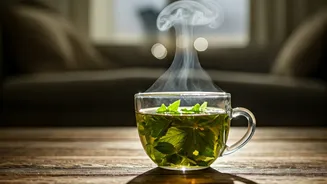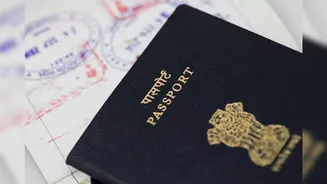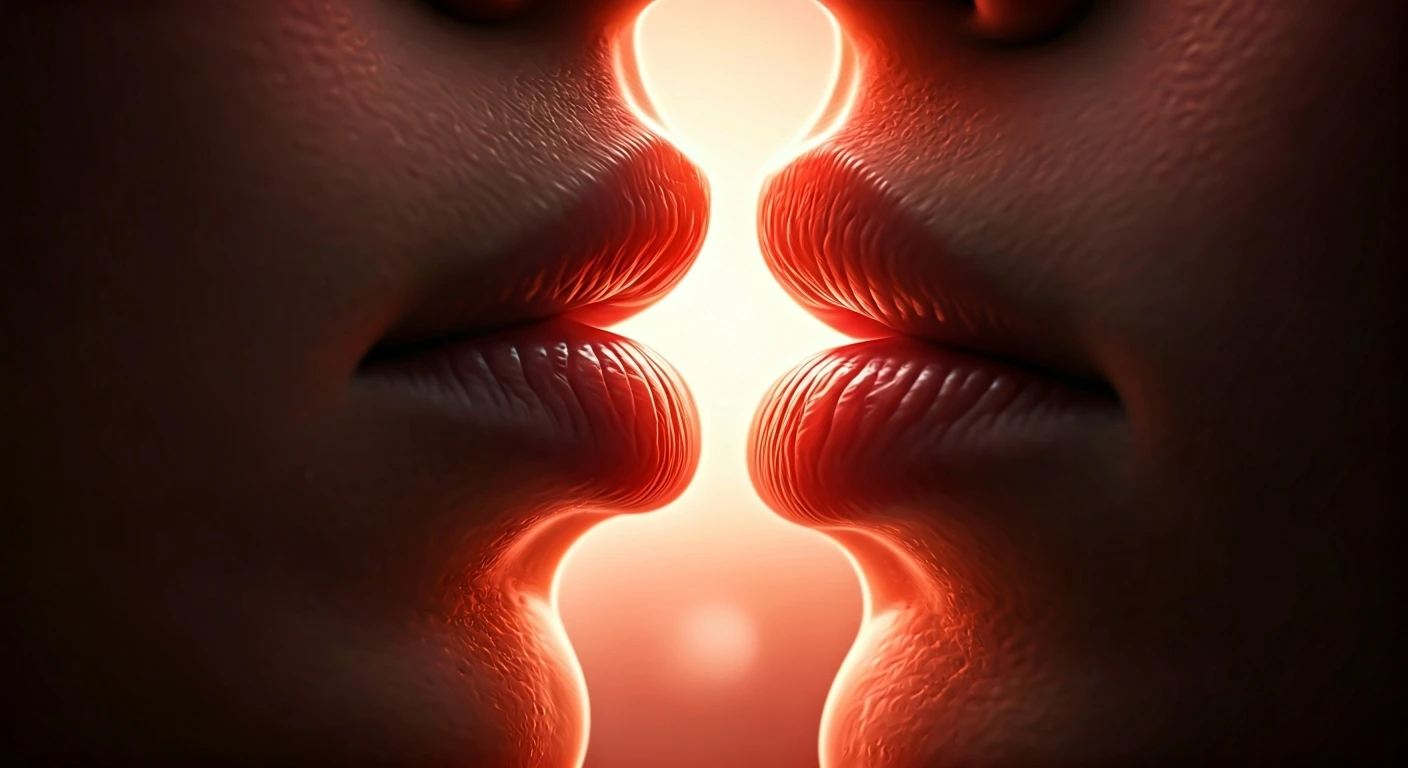Defining True Leisure
Leisure, at its core, transcends mere idleness. It's about engaging in activities we genuinely enjoy, free from obligation or pressure. This could involve
anything from reading a book and listening to music to spending time in nature. The key element is the subjective experience of pleasure and relaxation, allowing us to detach from the stresses of daily life. Leisure is vital for mental rejuvenation and creativity, helping to break free from the constraints of work and routine. It allows us to recharge and find new inspiration, making us more resilient in the face of challenges. Creating time for leisure is not a luxury, but a necessity for overall well-being. Incorporating leisure activities into your routine involves identifying what truly brings you joy and intentionally scheduling time for these pursuits, ensuring that you prioritize your well-being.
Embracing Simple Pleasures
The beauty of leisure often lies in its simplicity. Simple pleasures, such as savoring a cup of tea, taking a leisurely walk, or enjoying a good conversation, can be incredibly restorative. These small moments break the monotony of a busy schedule and provide a sense of presence and appreciation. Focusing on simple pleasures helps cultivate mindfulness, teaching us to fully engage in the present moment. A walk in the park offers an opportunity to connect with nature, reduce stress, and improve physical health. Listening to your favorite music can soothe the mind, triggering positive emotions and boosting mood. Furthermore, engaging in hobbies like gardening, painting, or playing a musical instrument provide avenues for self-expression and creative fulfillment. The emphasis is on quality over quantity, as short bursts of these activities can have profound impacts.
Integrating Leisure Daily
Incorporating leisure into daily life requires conscious effort and strategic planning. Begin by identifying small pockets of time, whether it's 15 minutes during a lunch break or an hour in the evening. Schedule leisure activities like you would any other important appointment. This proactive approach ensures that relaxation doesn't get pushed aside by work or other commitments. Variety is key, as diversifying activities prevents boredom and keeps things interesting. Alternate between active and passive forms of leisure, balancing physical exercise with moments of quiet contemplation. Building a supportive environment is also crucial. Share your leisure interests with friends and family, encouraging them to join you in activities. Creating a schedule that includes leisure time can significantly improve your productivity and overall satisfaction. Remember, consistent small efforts deliver greater results.
Mindfulness and Relaxation
Mindfulness is a powerful tool for enhancing the benefits of leisure. Practicing mindfulness involves being present in the moment, paying attention to your senses, and observing your thoughts and feelings without judgment. This practice helps to reduce stress, improve focus, and increase self-awareness. Incorporating mindfulness into leisure activities transforms them into opportunities for deeper engagement. For example, when listening to music, truly focus on the melodies and rhythms instead of letting your mind wander. When taking a walk, pay attention to the sights, sounds, and sensations around you. Relaxation techniques, such as deep breathing exercises or meditation, are also valuable. These techniques can quickly reduce tension and promote a sense of calm. Regular practice strengthens your ability to respond to stress and enhances your enjoyment of leisure activities.
Leisure's Mental Health Boost
Leisure plays a critical role in promoting mental well-being. Studies have shown that regular engagement in leisure activities reduces stress, anxiety, and depression. When we engage in activities we enjoy, our brains release endorphins, the body's natural mood boosters. These chemicals alleviate pain and create feelings of happiness and contentment. Leisure also provides a sense of control and autonomy, as it allows us to choose how we spend our time. This sense of agency combats feelings of helplessness and boosts self-esteem. Furthermore, leisure promotes social connections, a crucial factor in mental health. Participating in group activities, joining clubs, or simply spending time with loved ones create a support system. Making leisure an important part of your life creates an environment where mental health can thrive. It is about creating time to do things you enjoy.
The Physical Benefits Too
Beyond mental health, leisure benefits physical health significantly. Active leisure activities, like hiking, swimming, or dancing, improve cardiovascular health, strengthen muscles, and boost energy levels. The physical exertion releases endorphins and reduces the risk of chronic diseases. Even passive forms of leisure, like reading or listening to music, can be beneficial. Regular breaks and moments of relaxation help reduce the negative impacts of prolonged sitting or physical strain. Leisure promotes better sleep patterns, which in turn supports overall health and well-being. Engage in activities you find enjoyable. This will boost the likelihood that you continue to practice them. Leisure is an investment in your physical health.















